Natural Cotton Color launches unprecedented Denim in fashion market

Natural Cotton Color has just developed Denim for the sustainable fashion market made from Paraíba’s organic colored cotton feather – which is already born with colors, without the use of additives or dyes.
Successfully launched at Première Vision Paris in September, it will be presented to the national market during Brasil Eco Fashion Week – sustainable fashion week, from November 16th to 18th at Unibes Cultural, in São Paulo.
Denim and twill are two types of fabrics obtained in the same way, i.e. both are the same twill cotton fabric with diagonal striations. Although the weft is obtained in a conventional manner created in the 18th century, Natural Cotton Color’s invention of Denim is on colored cotton yarn that is 100% organic and applied to the twill-like flat fabric warp without any dyeing. The visual effect that characterizes Denim launched by Natural Cotton Color happens by joining the yarns in two all-natural colors of Paraíba’s colorful cotton – BRS topaz (beige) and BRS ruby (brown), cultivars developed by the Brazilian Agricultural Research Corporation (EMBRAPA Cotton – Paraíba).
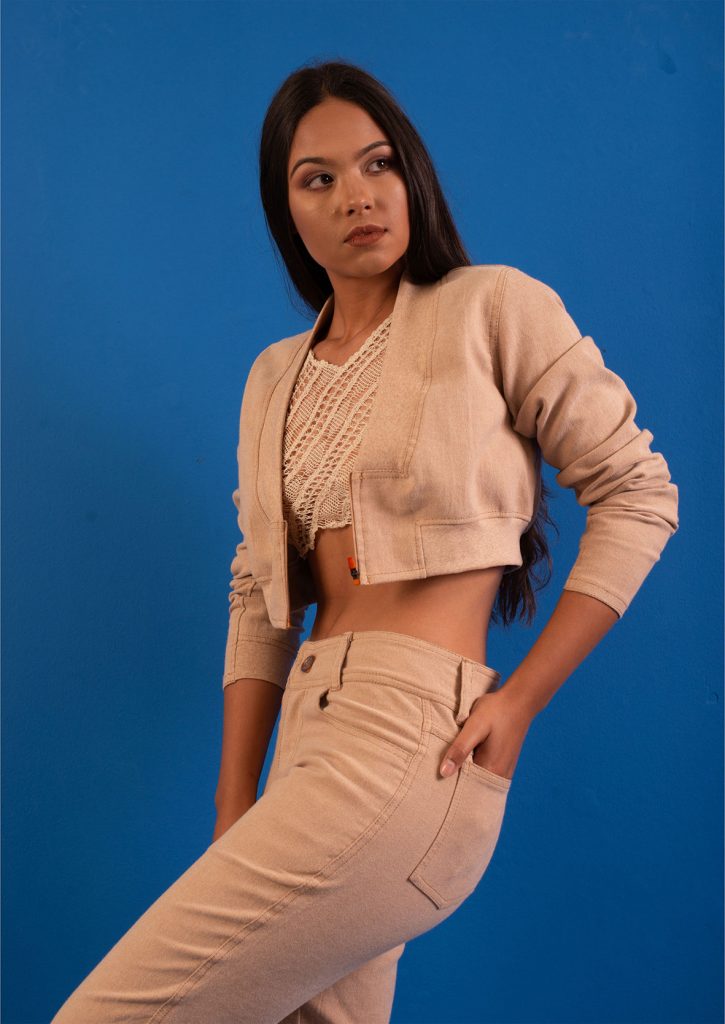
“The traditional denim is made with two threads, being the dyed warp and the raw or white weft. Before synthetic dyes, the dyeing was done with aniline – which comes from Indigo, a plant that even gave the fabric its name. Natural Cotton Color Denim is a two-yarn fabric, but without any chemical, vegetable or mineral dyeing, ”explains Francisca Vieira, the brand’s CEO. As it is an unprecedented product, the patent was filed with the National Institute of Intellectual Property (INPI) and the process is in the patent pending stage.
Denim with environmental and social sustainability
According to the Brazilian Textile and Clothing Industry Association (ABIT), Brazil is the fourth global producer and consumer of Denim. Timeless, comfortable and versatile, jeans are one of the most used items in the world. However, there is growing concern about the negative impacts and environmental costs of fashion – one of the most polluting industries. The proportion of water use is of concern because cotton is often irrigated. The overall average water footprint of cotton fabric is 10,000 liters per kilogram. According to Water Foot Print this means that 800 grams jeans will cost 8000 liters of water in production. Paraíba’s colored cotton crop, which is free from dyeing, is also carried out in a non-irrigated family farming system, resulting in an impact of 87.5% of water savings on the finished industrialized product.
In addition to the issue of water and dyes and chemical processes to achieve the appearance of conventional denim, there are many other environmental costs, such as genetically modified (GM) seed production, which requires high use of pesticides and chemicals that affect the health of cotton workers also affecting the soil and groundwater. “We know how much dyeing wastewater affects rivers in Bangladesh, China and India, and even in Toritama, Pernambuco, a major hub for denim production in Brazil”, says Francisca.
Sustainable Denim was developed by the SENAI Paraíba Textile Technology Institute based on the demand of Natural Cotton Color
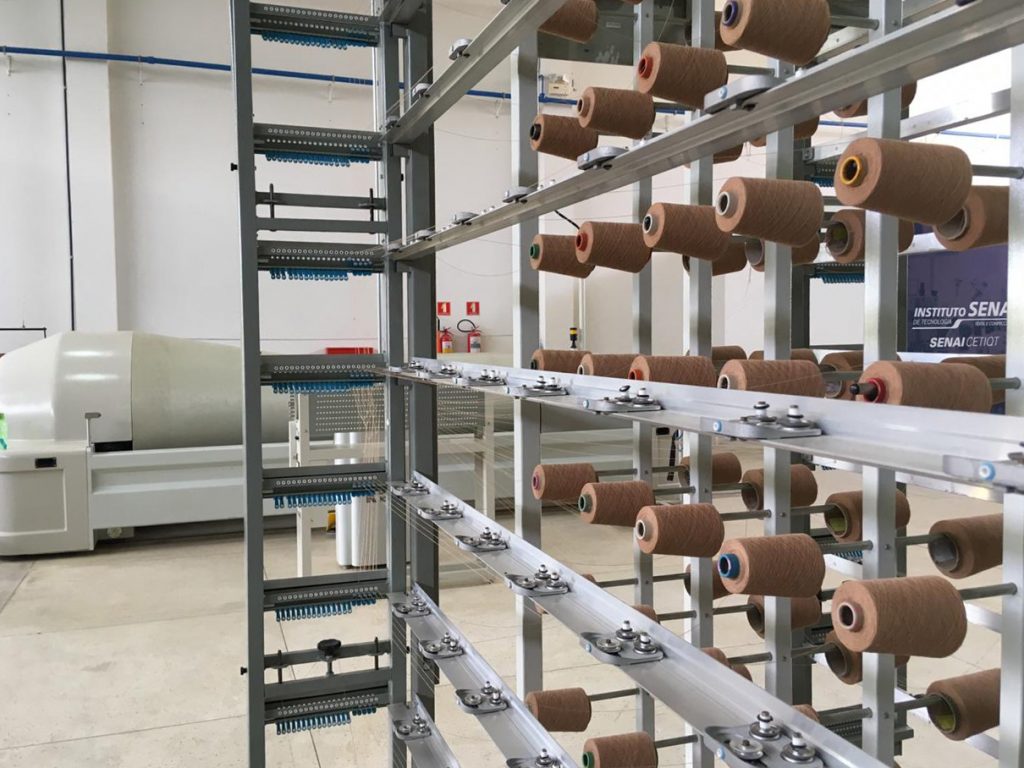
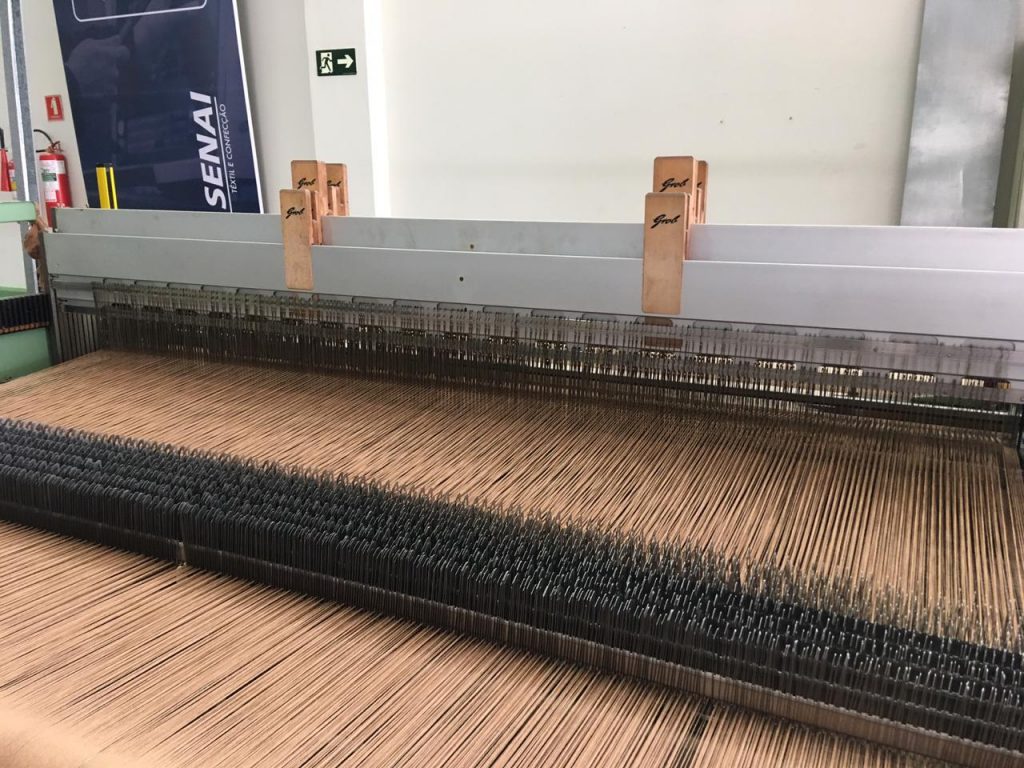
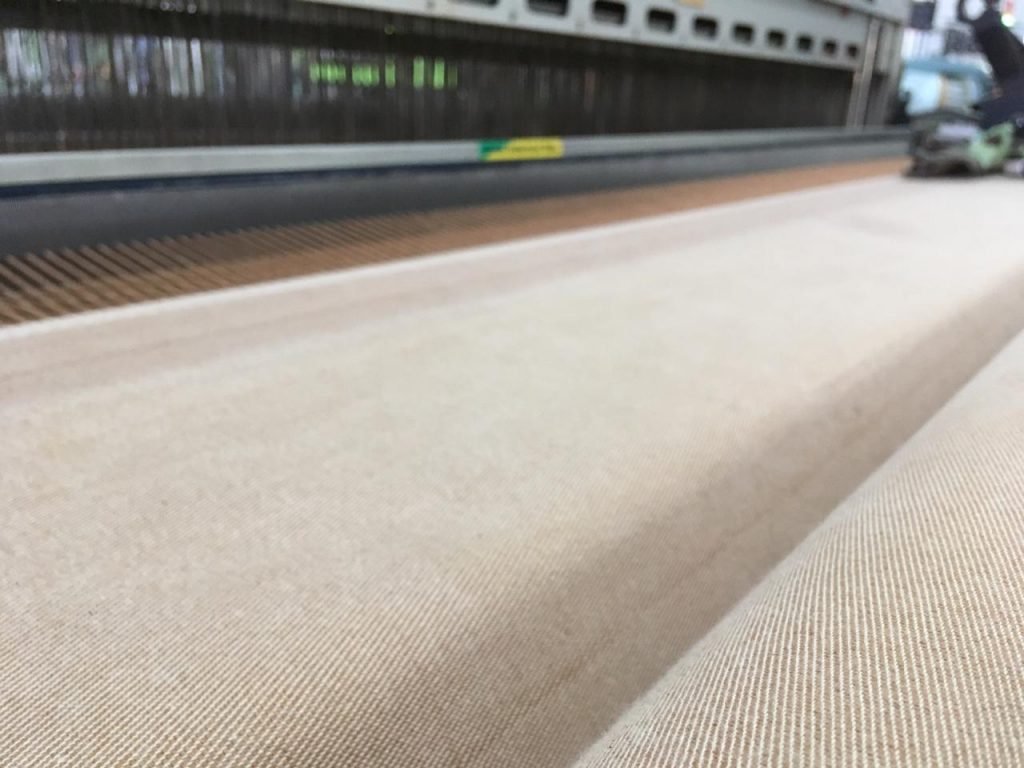
The idea of producing Denim with organic colored cotton is not new, but there have always been difficulties finding a partner. This is because the main bottleneck that the spinning mills have in producing colored cotton is the high set-up time in the return to production of white cotton, because there is a need for rigorous cleaning in all pipes to avoid contamination.
The Natural Cotton Color initiative finally found support at the Senai Institute of Textile Technology and Clothing Manufacturing of Paraíba – whose mission is to leverage the competitiveness of the state industry. “Colored cotton is one of the pillars in the design of this institute,” confirms Luis Sávio, textile plant coordinator. He says that the whole process – weft threads and Denim patterning – was developed by the experts within the institute itself from the Opening Room, through the Filatory, Sectional Warp and ending in the Tear Plan. The production capacity of the Institute is 1300 kilos (2866 pounds) per month. Natural Cotton Color intends to expand the production of Denim according to market demand by expanding partnerships.
Paraíba Organic Colored Cotton Denim sales will be made by Natural Cotton Cotton through its wholesale site only. The minimum order is 500 kilos (1.192 pounds), approximately 2000 meters (2.187 yards) from Denim. “If everyone wants to have at least one jeans in their wardrobe, our Denim comes as an alternative. Thus, in addition to promoting sustainable fashion – with low environmental impact, we expect to generate high social impact with more demand for colorful cotton fabrics and to cover Paraíba with culture by strengthening family farming and fashion, an important sector of the Creative Economy”, celebrates Francisca.
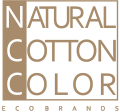 Organic and Natural Cotton Color
Organic and Natural Cotton Color
Pingback: Natural Cotton Color expands participation in the textile market - Organic and Natural Cotton Color
Pingback: Clipping 2020 Vogue Mexico, G1 - Paraíba Community, Elle, Gama magazine - Organic and Natural Cotton Color
Pingback: In Paris, a store with organic colored cotton clothing from Brazil - Organic and Natural Cotton Color